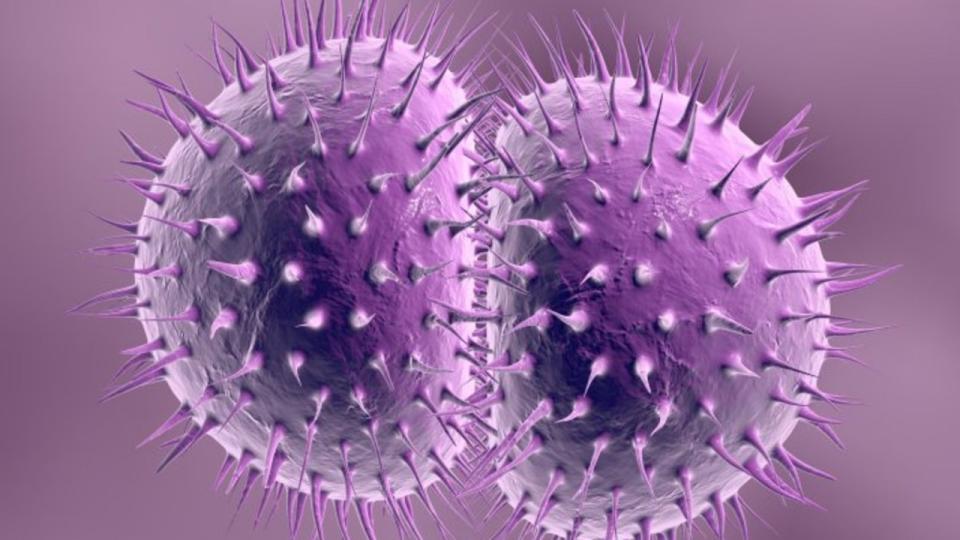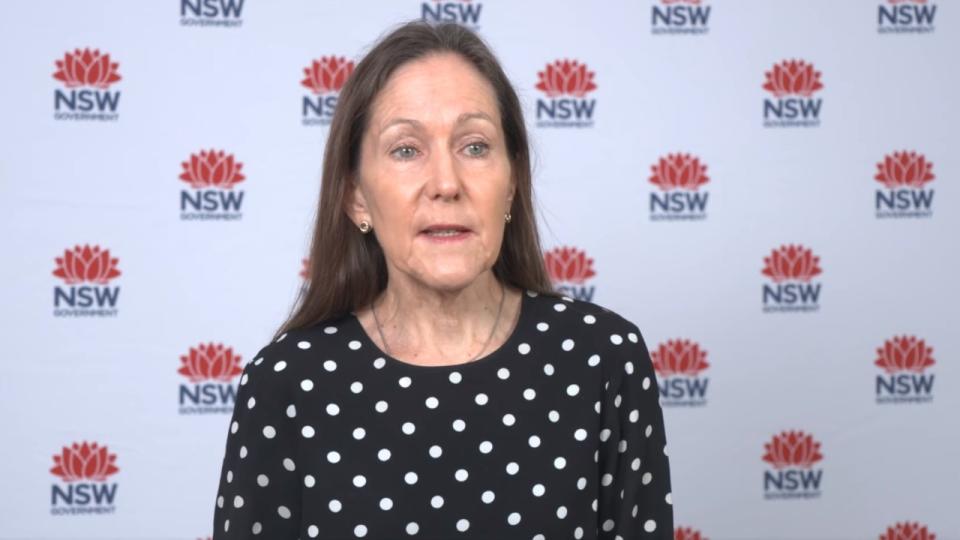Urgent health warning after shock death

An urgent warning has been issued for residents in NSW after a woman died from meningococcal.
The Sydney woman, aged in her fifties, died after contracting the disease, with two other confirmed but unrelated cases also detected.
Authorities say a teenager from Sydney, and person aged in their sixties on the Central Coast, are now both recovering after contracting the illness.
NSW Health is now urging all residents to be aware of symptoms, and to act immediately if they appear.

So far this year there have been 19 cases of meningococcal disease recorded in NSW, with most of those cases involving the B-strain of the disease.
NSW Health Director Communicable Diseases, Dr Christine Selvey, says young adults and under are most at risk, and while vaccinations have cut down infections, they don’t protect against all strains of the bacteria.
“Meningococcal disease can be very serious, but early treatment is lifesaving so it is important that symptoms are recognised early,” Dr Selvey said.
“We are urging the NSW community to be vigilant for symptoms, even if they have been vaccinated, and to seek medical assistance early if they are concerned.”

Symptoms include sudden onset of fever; headache; neck stiffness; tiredness; joint or limb pain; dislike of bright lights; nausea and vomiting; high-pitched crying in babies; or a rash of red-purple spots or bruises — which may appear after the other symptoms, or late in the disease progression.
Triple-0 should be called if symptoms rapidly worsen.
Under the National Immunisation Program, the meningococcal ACWY vaccine is provided free for babies at 12 months, adolescents, and people of all ages with certain medical conditions.
In NSW, the adolescent dose is delivered through the school vaccination program in Year 10.
A meningococcal B vaccine is also available to children from six weeks of age.
Aboriginal infants and people with certain medical conditions are also eligible for the vaccine for free.
More information can be found on the NSW Health website.


